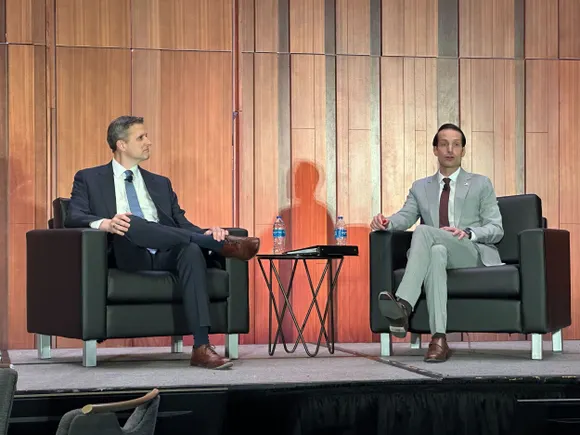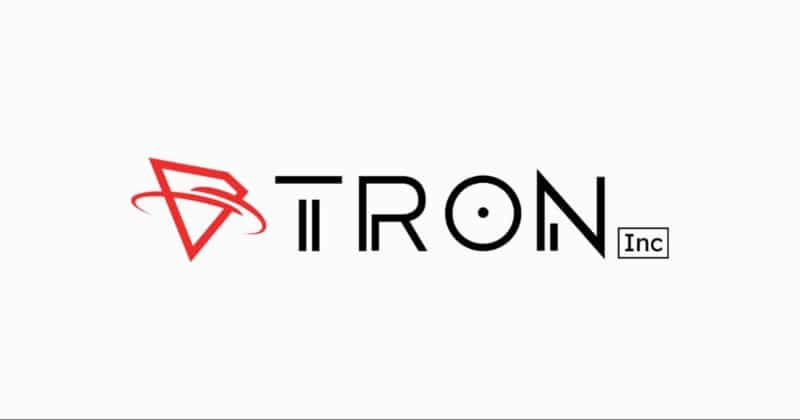Hryshchyshen Serhii/Shutterstock
Who better to offer college advice than a longtime faculty member?
In “The Complete U: Over 100 Lessons for Success in and out of the College Classroom,” Deborah J. Cohan touches on nearly everything in the higher education student experience, from why to check the syllabus before asking that question to coping with mental health struggles and corresponding with professors. The many nuggets of wisdom shared by Cohan, informed by decades of experience, include a wealth of advice for higher education professionals to offer students as they navigate their university years.
Although the book is written for students — providing valuable lessons on managing academic responsibilities, addressing mental health, and navigating campus life — it also offers educators a clearer look at the challenges and questions students bring with them to college.
“Because I’ve structured the book to be so up close and personal with intimate stories and perspectives from students, faculty and staff who get much less disclosure from their students will benefit from the nuanced insights that I’ve obtained and the sociological interpretations I provide,” Cohan noted.
In her introduction, Cohan emphasizes the purposeful format of her book. Though it can easily be read sequentially, it’s designed for the reader to be able to dive in and find the specific topic they’re interested in or looking for advice on. While more than the sum of its parts, those parts are valuable and easy to find. Here’s a look at just a few of the many lessons that faculty and staff can glean from the book.
Help Students Feel Seen, Even in Large Classroom Settings
Get to know your students. It’s easy for them to feel lost in large classes. While it can be challenging to build personal connections in these settings, Cohan encourages faculty to be intentional and creative. One strategy she uses (from lesson 43) to learn more about her students is providing them with a questionnaire on the first day of class that covers everything from favorite books and movies to their learning preferences and potentially sensitive course topics.
Encourage Open Conversations with Advisors and Smart Course Choices
Encourage students to connect with advisers and use their knowledge for class scheduling. If you teach a class that’s only offered once a year, stress to interested students that looking ahead will ensure they take the right classes at the right time. Cohan notes how student-athletes, and those with extracurriculars in general, often have conflicting schedules that cause them to miss several classes. In those cases, she encourages them to take the course at a different time (such as off-season). You know your curriculum best and can point students in a better direction if they’ve scheduled in a way that is difficult to balance. Considering a recent study that suggested postponing math by one year may decrease the dropout rate for some students, the right schedule can make all the difference.
Position the Syllabus as a Key Student Tool for Success
One of the most effective tools in a curriculum is the syllabus, and one of the most effective lessons you can impart to a student is to reference it again and again. Cohan recommends using a strategy she adapted from another professor: including a note in the syllabus that earned students extra credit if they responded to it within the semester’s first few days. When asked a question she knows is answered in the syllabus, Cohan reminds students to check that first. This isn’t an opportunity to shame students, but instead an opportunity to help young adults realize they can probably find the answer on their own.
Meet Students Where They Are: Each Year Has a Different Purpose
Adapt for your students as they adapt to each new year. In lesson 8 of Cohan’s book, she discusses how each year of college serves a different purpose. This is a powerful reminder that students’ needs vary greatly between freshman and senior year. Faculty and staff can better support students by acknowledging these distinctions.
Freshmen may need more encouragement in making connections and acclimating to a new environment, while sophomores need less guidance but still benefit from those resources. Sophomores are often solidifying their futures, changing majors, and dedicating themselves to areas of study and interest. They’re still “charting their course,” Cohan said, so it’s really a time to “stretch and socialize.” Encourage them to form deeper relationships with professors and look into future opportunities, such as studying abroad and internships.
For the upper-level classmen like juniors, they’re likely in the stage of actively pursuing external opportunities — looking for internships now that they’ve landed on their major and striving to turn theoretical curriculum into practical through research positions and hands-on work. Push them to find and meet with organizations and professors offering those options or to start thinking about graduate school.
For the seniors, those students so close to spreading their wings, Cohan compares the year to taking a trip. First, students are getting adjusted, followed by having fun and relaxing, before realizing there are so many things to do before you leave. Help students plan for “reentry” by looking beyond graduation. What are their options, and how can they explore them? Encourage seniors to view post-grad life through their new lens and as the people they are newly becoming.
A Comprehensive Guide
Other lessons and points Cohan shares include connecting with professors, finding academic and mental health support, developing time management skills, navigating papers and projects, and much, much more.
“The book reveals all sorts of ways in which college has changed dramatically while also having dimensions that have very much stayed the same, and people working in higher ed will benefit from the chronicling of that and the analysis provided,” said Cohan. “For faculty interested in a deeper understanding of the emotional complexity of what happens in some classrooms as well as outside of the classroom, the book offers so much related to issues that students face, including mental health issues, sexual violence, body image, coping with family stress, etc.”
By using her higher education and sociological background and knowledge, Cohan lays out nearly every concern relating to college life that can be conceived of and follows it with real-life examples, informed advice, and relatable stances. “The Complete U: Over 100 Lessons for Success in and out of the College Classroom” provides both a solid foundation for learning and refamiliarizing oneself with what students are facing. It also reminds higher education professionals to be as aware as possible of their circumstances and challenges and shares guidance on how best to help them through the journey.




























